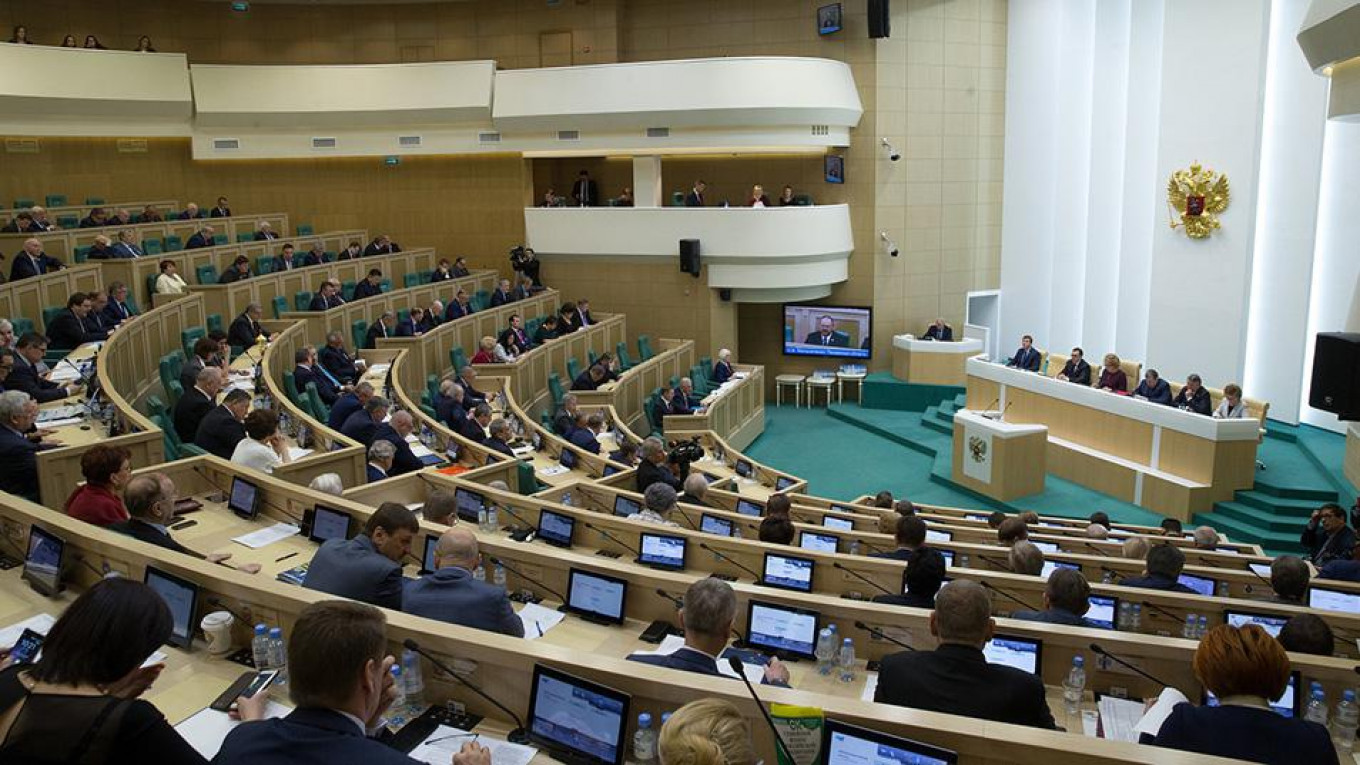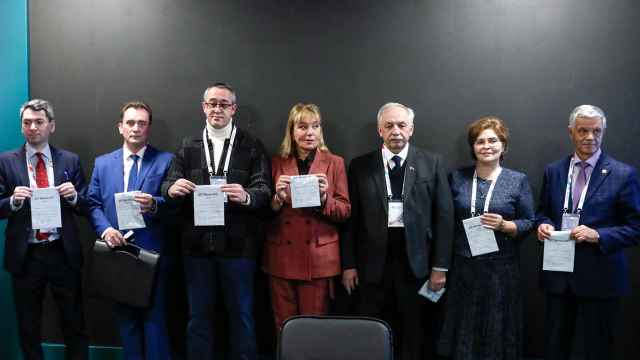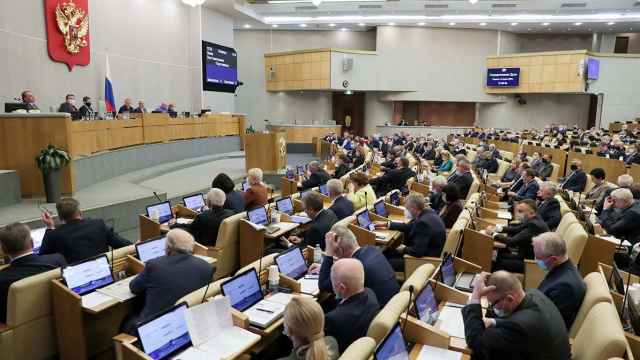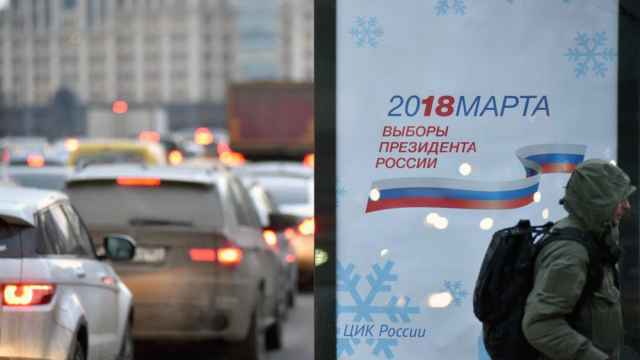Russian senators have named BBC’s Russia service as part of 12 foreign news media that they accuse of interfering in the country's latest presidential elections.
Vladimir Putin won a fourth presidential term in a March 18 vote that international observers say was devoid of competition. Last year, Russia began to label international media organizations “foreign agents” after a new law took effect in response to the U.S. demand for the Kremlin-funded RT news network to register as a “foreign agent.”
“Diagrams, graphs and illustrative examples of interventions” will accompany the list of foreign media suspected of meddling when it is published in May, Senator Andrei Klimov told the RBC business portal on Friday.
In addition to BBC Russia, the list includes Germany’s Deutsche Welle, French radio station RFI and U.S. state-funded Voice of America and Radio Liberty, along with their regional websites, said Klimov.
“When homegrown liberals enter into discussions with me, they ask: ‘What, should we close CNN now?” I tell them: ‘CNN doesn’t broadcast in Russian,” he was cited as saying.
Klimov, who heads the Federation Council’s Commission on the Protection of State Sovereignty, added that neither Bloomberg nor Reuters were listed because they did not report in Russian, though Russian is one of 12 international languages that Reuters transmits its news in.
The lawmaker described election interference as uneven coverage of the presidential candidates’ campaign and calls designed “to bring down turnout.”
“50 percent of their materials were about Putin and almost all of them were negative. The rest they covered neutrally or positively,” Klimov said.
Klimov also accused the U.S. of attempting to influence Russia’s gubernatorial and municipal elections in September 2017 by routing money to preferred candidates through an unnamed Central Asian country.
A Message from The Moscow Times:
Dear readers,
We are facing unprecedented challenges. Russia's Prosecutor General's Office has designated The Moscow Times as an "undesirable" organization, criminalizing our work and putting our staff at risk of prosecution. This follows our earlier unjust labeling as a "foreign agent."
These actions are direct attempts to silence independent journalism in Russia. The authorities claim our work "discredits the decisions of the Russian leadership." We see things differently: we strive to provide accurate, unbiased reporting on Russia.
We, the journalists of The Moscow Times, refuse to be silenced. But to continue our work, we need your help.
Your support, no matter how small, makes a world of difference. If you can, please support us monthly starting from just $2. It's quick to set up, and every contribution makes a significant impact.
By supporting The Moscow Times, you're defending open, independent journalism in the face of repression. Thank you for standing with us.
Remind me later.






